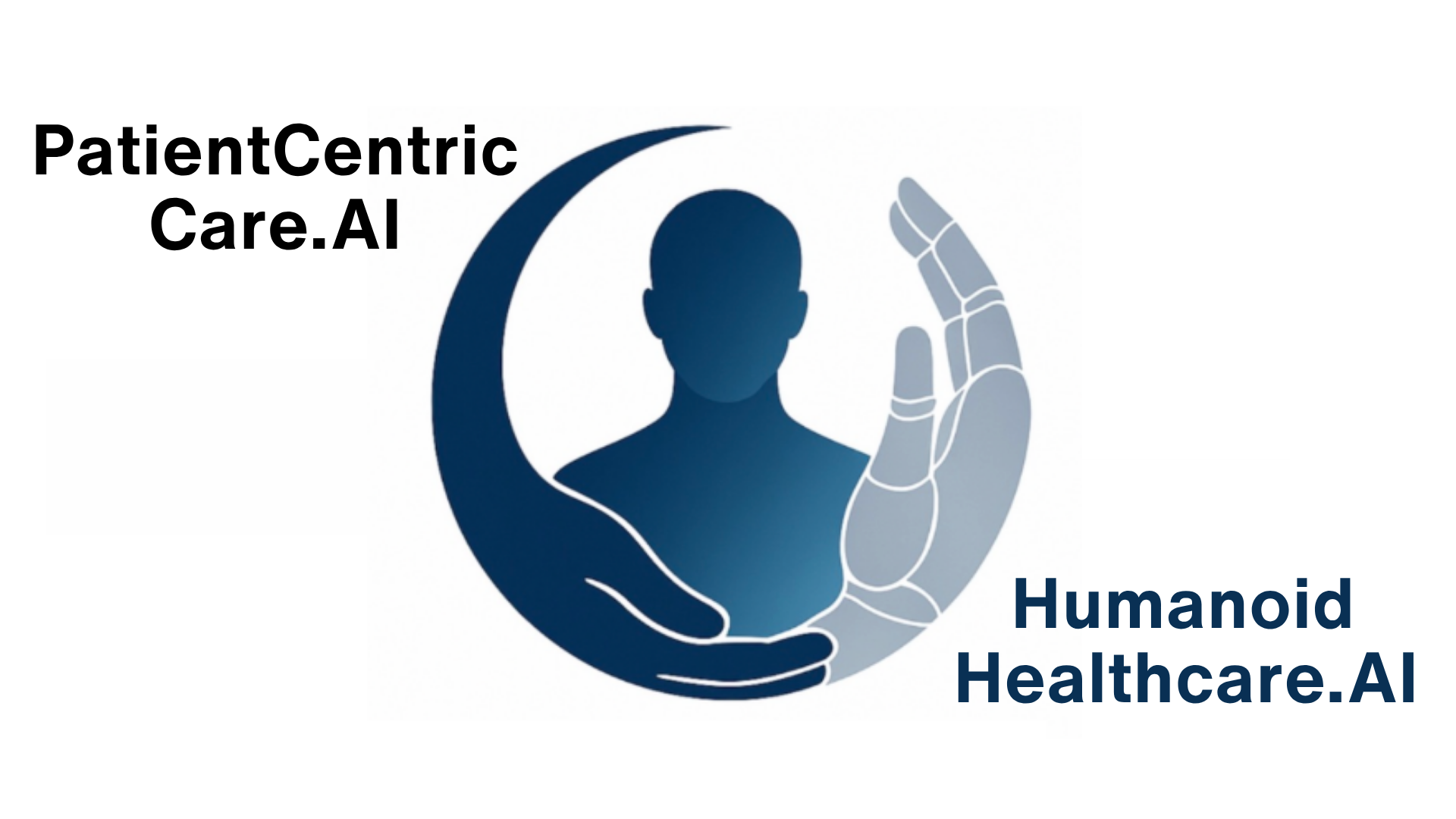One AI Agent, 700 Jobs: Inside the Workforce Automation Revolution
Published: October 11, 2025
The headline is not an exaggeration: in a landmark case of workforce automation, a single AI agent has successfully replaced 700 employees. This is not a distant future prediction; it is a reality of 2025, and it signals a seismic shift in the landscape of business and employment. As companies increasingly turn to AI to streamline operations and reduce costs, the question is no longer *if* AI will replace jobs, but *how* businesses and society will adapt to this new reality.
This article delves into the real-world corporate examples of massive workforce reduction through AI, exploring the technology behind it and the profound implications for the future of work.
The Technology Driving the Change: Agentic AI
The AI that replaced 700 employees is not a simple chatbot or automation script. It is an Agentic AI, a sophisticated system capable of understanding complex goals, planning and executing multi-step tasks, and learning from its mistakes. As described by Kodexo Labs, these agentic AI platforms are creating a new marketplace for autonomous business agents that can handle a wide range of tasks, from customer service and sales to data analysis and back-office operations [1].
Unlike traditional automation, which is rules-based and requires explicit programming, agentic AI can operate with a high degree of autonomy. You can give it a high-level objective, and it will figure out the best way to achieve it, often with minimal human intervention.
The Corporate Case Studies
While the "700 jobs" case is the most dramatic, it is not an isolated incident. Several companies are reporting significant workforce reductions and productivity gains through the deployment of AI agents.
Key Examples: - Customer Service: AI agents are handling over 80% of customer inquiries for some companies, leading to a significant reduction in call center staff. - Sales and Marketing: AI is automating lead generation, email marketing, and even sales calls, allowing for a smaller, more strategic sales team. - Finance and Accounting: AI agents are processing invoices, managing expenses, and performing financial analysis, automating tasks that previously required large teams of accountants.The ROI of Workforce Automation
The business case for this level of automation is undeniable. The cost of developing and deploying an AI agent is often a fraction of the cost of employing a large team of human workers. As Kellton's 2025 analysis points out, the hyperautomation trend is driven by the promise of drastic cost savings and workforce transformation [2].
However, the conversation cannot be solely about ROI. The displacement of such a large number of workers raises significant ethical and societal questions that must be addressed.
The Ethical and Societal Implications
The prospect of mass job displacement due to AI is a major concern. As we move further into the era of workforce automation, it is crucial to consider:
- Reskilling and Upskilling: How can we retrain the displaced workforce for the new jobs that will be created? - Social Safety Nets: What is the role of government in providing a safety net for those who are unable to find new employment? - The Future of Work: What does it mean to have a "job" in a world where much of the work is done by AI?
The workforce automation revolution is a double-edged sword. It offers unprecedented opportunities for efficiency and productivity, but it also presents significant challenges. The companies and societies that navigate this transition successfully will be those that embrace the technology while also investing in their human capital.
---
References
[1] Kodexo Labs. (2025). *Top Agentic AI Platforms 2025 | Business Automation Guide*. Kodexo Labs Blog. https://kodexolabs.com/top-agentic-ai-platforms/
[2] Kellton. (2025). *AI Agents in 2025: A practical (Automation …)*. Kellton Tech Blog. https://www.kellton.com/kellton-tech-blog/ai-agents-and-smart-business-automation
---
About the AuthorAndy Squire brings over 30 years of experience in Big Pharma, specializing in Business Insights, Digital CX & IT. With Cambridge/INSEAD/Oxford AI education, Andy combines deep industry expertise with a unique perspective as a 2x cancer survivor. This lived experience informs his approach to understanding pain points in the customer journey and designing AI Agent solutions that deliver real impact for healthcare organizations and businesses.
Contact: [email protected] | AndySquire.AI